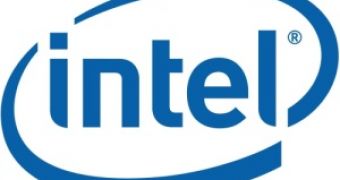Leading chip manufacturer Intel turned 40 last week and, as you might remember, it actually received a couple of very impressive gifts. These came in the form of the Q2 revenue figures for both the Santa Clara-based microprocessor maker and its Sunnyvale-based competitor, AMD. And, even if Intel's Q2 figures weren't as high as expected, they did not fall short of expectations.
Younger users might not know that, when the company was founded, back in 1968, it wasn't even named Intel. This came about only later, and is actually a shortened version of "Integrated Electronics," the name of the company that was founded by physicists Gordon Moore and Robert Noyce.
Since then, the microprocessor market has seen an impressive expansion. Paul Otellini, the company's current chief executive and president said that, back when the first microprocessor was introduced, no one really thought that the market for PCs was ever going to be greater than 350 million units per year.
"Over the next 40 years Intel technology will be at the heart of breakthroughs that solve the big problems of health and environment. For Intel this is just the beginning of its journey," Paul Otellini added in a press statement that clearly indicates that Intel is already thinking of the future.
In an attempt to sum up Intel's activity and achievements over the past 40 years, the company's senior vice president and enterprise group general manager, Pat Gelsinger, has published a blog post. In it, Pat Gelsinger pinpoints to the introduction of the 32-bit processor as one of the company's biggest achievements, along with the advocacy of the CISC platform and the efforts towards maintaining the software compatibility with each new generation of chip.
The multi-core processors were also on the company's list of main achievements, despite having turned to this solution a bit too late, as it was more interested in achieving higher clock rates. "While we saw this fundamental shift, we were one generation too late and attempted to extend the Pentium IV but luckily, we recovered quickly with our focus on energy efficient performance with Centrino and our great Tick-Tock execution," said Gelsinger.

 14 DAY TRIAL //
14 DAY TRIAL //